
Governor, Central Bank of Nigeria, Dr. Olayemi Cardoso
As the Governor of the Central Bank of Nigeria, Olayemi Cardoso disclosed that the country’s external reserve has hit $37bn, experts have stated increase in oil prices and improved foreign direct investments will help the country sustain the upswing.
At the end of the 296th Monetary Policy Meeting on Tuesday, Cardoso disclosed that as of July 18, 2024, external reserves stood at $37.05bn, compared with $34.70bn as of the end of June, representing 11 months of import cover for goods and services.
The experts posited that favourable global oil prices and policies that encourage Foreign Direct Investment as opposed to foreign Portfolio Investments would go a long way in sustaining the rise.
The Head of Financial Institutions Ratings, Agusto & Co, Ayokunle Olubunmi, told The PUNCH that a rise in the external reserves would boost investor confidence and identified some of the drivers.
“There are a lot of drivers. One, on the back of the rising interest rate, we have seen a lot of portfolio investors coming into Nigeria and we have seen a gradual increase in Nigeria’s crude oil production, although we are not yet meeting the OPEC quota, we see that we are not where we were last year and the production has also increased to a particular extent. The insecurity in the Niger Delta has also reduced which has helped.
“For us to maintain it, a lot needs to be done. This high interest rate is not sustainable. There are projections that before December; the CBN will have to wind it down because it is stifling economic growth.
“By the time the interest rate is reduced, how do we keep the foreign portfolio investors? We also need incentives to encourage foreign investment but unfortunately, the reverse has been the case.”
For Crude oil production, we need to do more. There should be further investment by the oil companies but the environment has not been too friendly. You have seen them going to Angola and other countries. Instead of them investing, we are hearing that they want to divest and sell their stake in Nigeria,” he explained.
According to Olubunmi, to sustain the rise in the external reserves, more confidence needs to be brought into the economy to encourage foreign direct investment.
Another expert and Relationship Manager at FSDH Merchant Bank, Ayodele Akinwunmi, agreed that oil prices were favouring the country.
“Oil prices have averaged $81 per barrel, which is not bad and there has been an inflow of foreign portfolio investment and international remittances into Nigeria. The trade volume for Nigeria in the first quarter was positive; those are the major drivers.
“External reserves enough to cover 11 months of import is very positive. The international standard for countries like Nigeria is three months,” Akinwunmi said.
On sustaining the trend, Akinwunmi noted, “It could be sustained if we continue to have positive oil prices, which of course, dominates our total export today and we have been growing the non-export portion too.”
On July 8, Nigeria’s foreign reserve crossed $35.05bn for the first time in about a year and has remained above that mark since then.
The northward movement in the external reserves comes amid a projection by the CBN that the external reserves may reduce slightly in 2024 on the back of debt service and other obligations.
This was disclosed in the maiden edition of Central Bank of Nigeria 2024. Macroeconomic Outlook: Price Discovery for Economic Stabilisation, which was recently released.
The apex bank said, “The external reserves, which stood at $33.09bn in 2023 could reduce slightly in 2024. This is on the assumption of continued payments of outstanding foreign exchange forward obligations, matured foreign exchange swaps, and debt service. The expected improvement in crude oil earnings, together with recent reforms in the foreign exchange market and energy sector, however, would cushion the drop in external reserves.”

 3 months ago
7
3 months ago
7



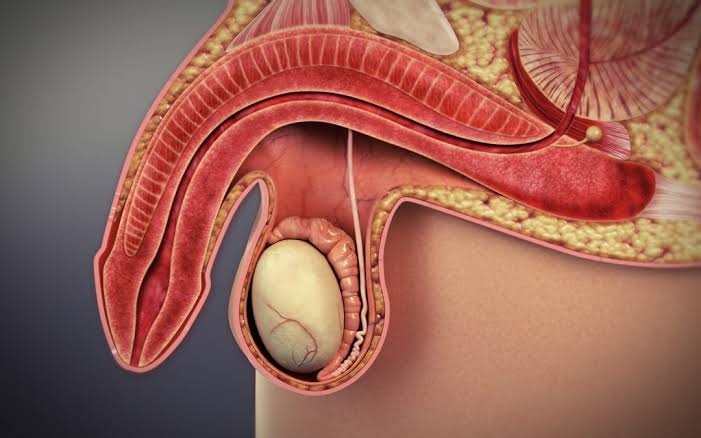






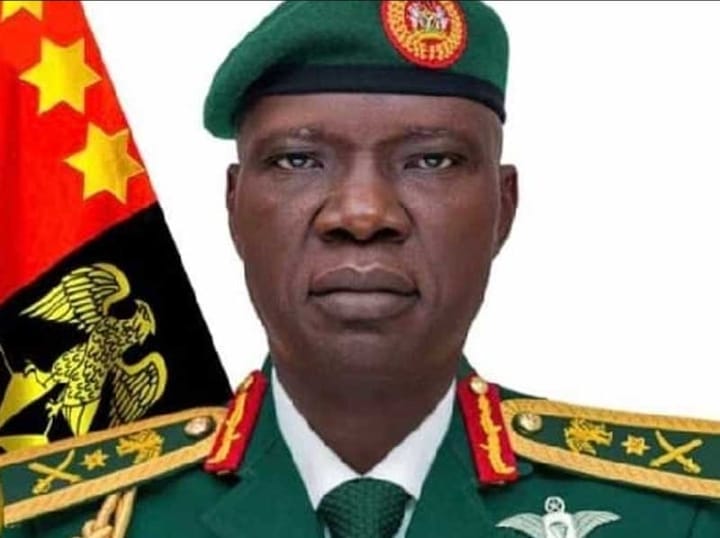
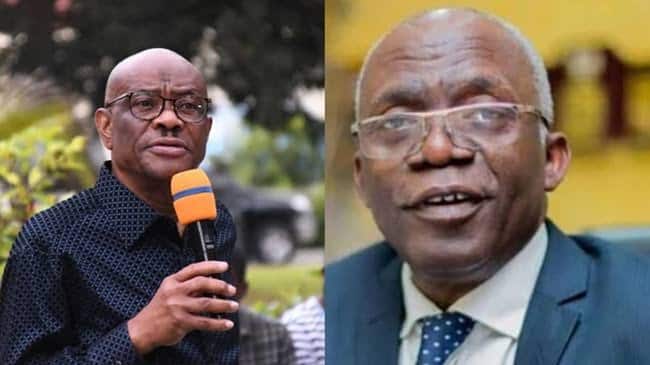
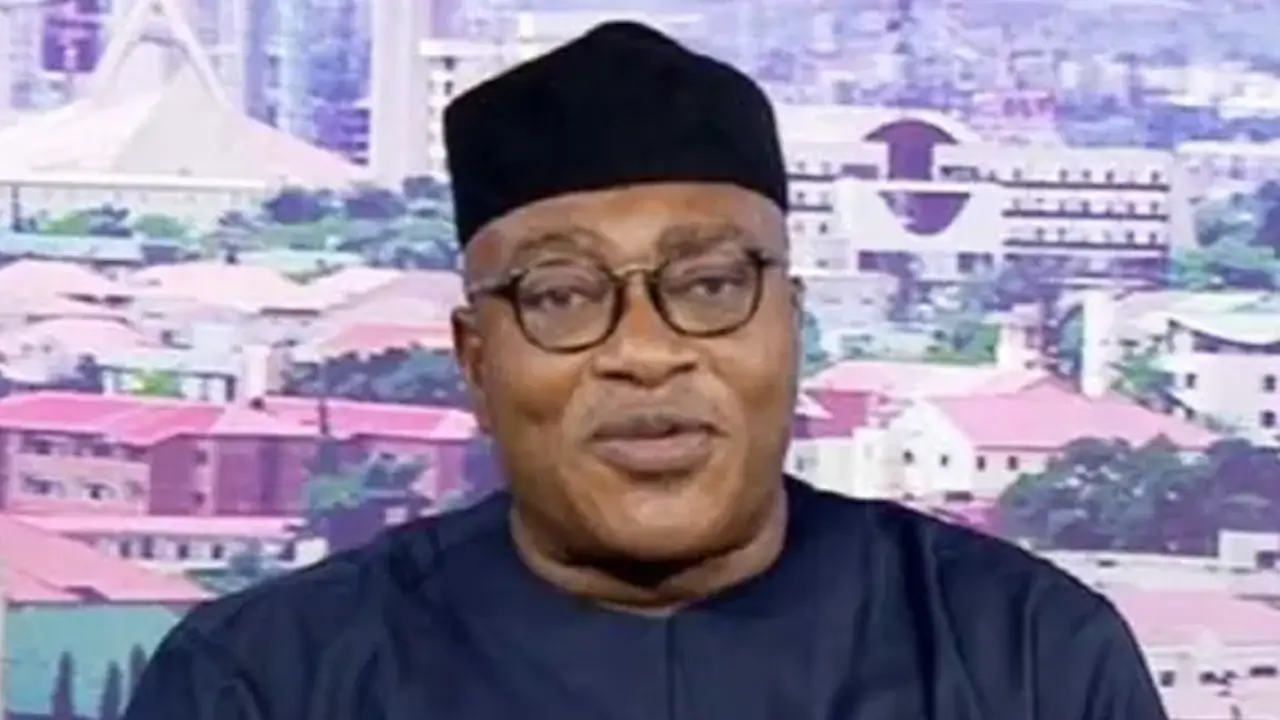

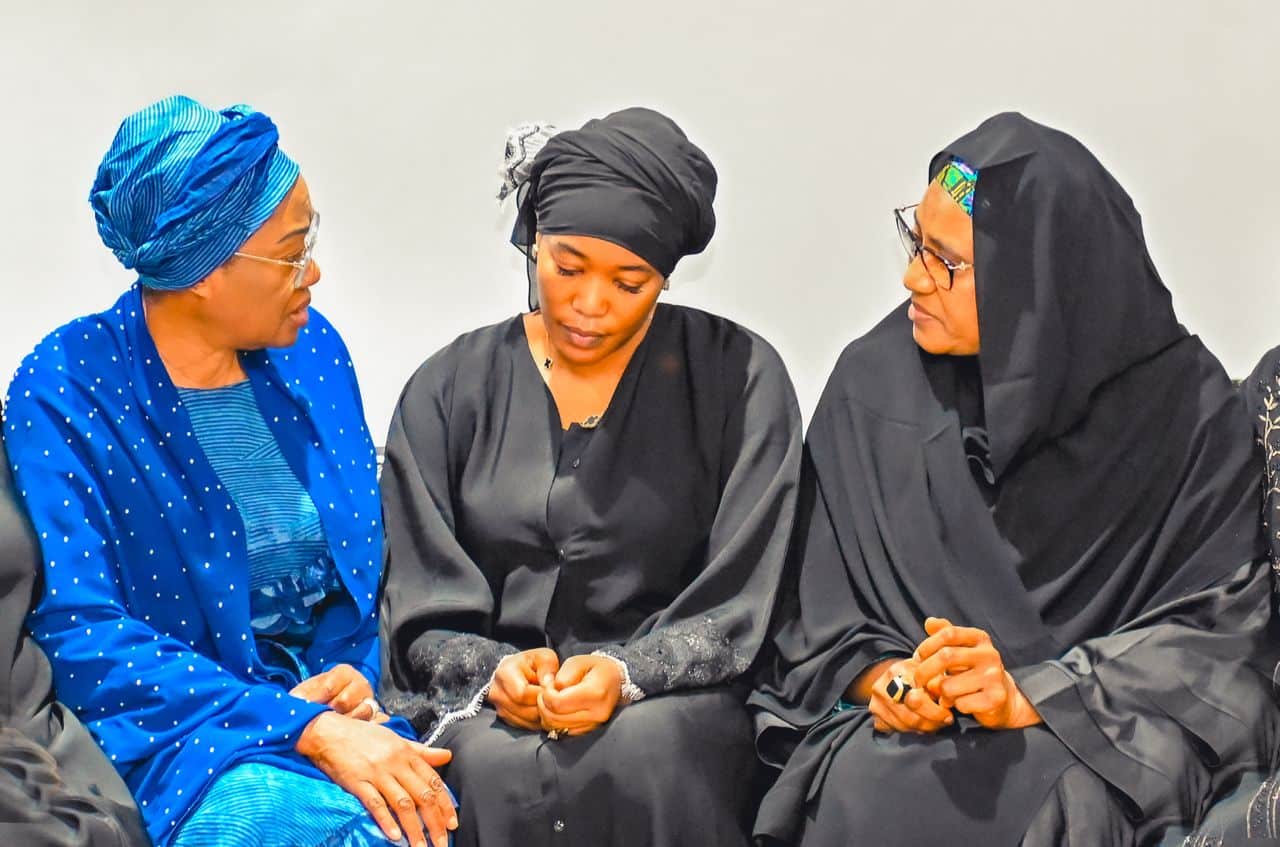
 English (US) ·
English (US) ·